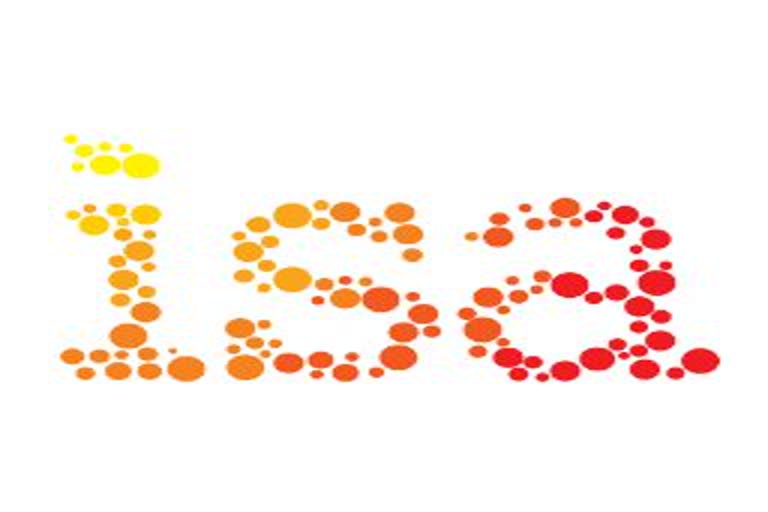New Delhi: The International Solar Alliance (ISA), a world body aimed at providing a dedicated platform for cooperation among solar resource-rich countries, will no longer be treated as a "foreign source" of funding for Indian NGOs and other entities under the FCRA.
The Union Home Ministry officials said the decision has been taken as part of India's dedicated efforts to assist and help achieve the goal of increasing the use of solar energy in meeting energy needs.
The ISA was jointly launched by Prime Minister Narendra Modi and the then France President Francois Hollande in Paris in 2015.
"In exercise of the power conferred by sub-clause (ii) of clause (j) of sub-section (1) of section 2 of the Foreign Contribution [Regulation] Act (FCRA), 2010 [42 of 2010], the central government hereby specifies that the international organisation, namely, the 'International Solar Alliance' shall not be treated as 'foreign source' for the purposes of the said Act," a Home Ministry notification said.
This means funds coming to NGOs and other entities from the ISA will not be governed by the FCRA.
The ISA is the first full-fledged treaty-based international intergovernmental organisation headquartered in India (Gurgaon).
It is an alliance of 121 solar resource-rich countries, lying fully or partially between the Tropics of Cancer and Capricorn.
So far, 74 countries have signed it and 52 of them have ratified it to formally join the organisation.
According to the ISA website, the vision and mission of the organisation is to provide a dedicated platform for cooperation among solar resource-rich countries where the global community, including bilateral and multilateral organisations, corporates, industry and other stakeholders, can make a positive contribution to assist and help achieve the common goals of increasing the use of solar energy in meeting energy needs of prospective ISA member countries in a safe, convenient, affordable, equitable and sustainable manner.
Also read : 12 more nuclear plants in India soon: DAE chief
Addressing the first assembly of the ISA in New Delhi last year, Prime Minister Modi said that in the last 150 to 200 years, mankind has depended on fossil fuels for energy needs but nature is now indicating that options such as solar, wind and water offer more sustainable energy solutions.
In this context, Modi expressed confidence that in the future, when people talk of organisations for the welfare of mankind established in the 21st century, the International Solar Alliance will be at the top of the list.
He said it was a great forum to work towards ensuring climate justice and the ISA could replace the OPEC as the key global energy supplier in the future.



